As part of its internationalisation activities the Sports group within the School of Tourism had four students and a scholar significantly contributing at the Student Seminar and the main conference of the European Association for Sport Management (EASM) in Turkey from 7 to 14 September.
The 4.5-full-day Student Seminar saw 60 students from 13 countries working in mixed international groups along management cases. Keynotes on those topics of current special interest were given by the NBA Europe Marketing Director, a recently retired UNICEF Programme Director, Professor March Krotee from North Carolina State University and Dr Tim Breitbarth, Senior Lecturer at Bournemouth University.
BU students John Bryson, Stefan Ferencz and Oliver Johnson won their case competitions with their respective teams, and therefor had the chance to present at the 21st EASM conference. After the four winning groups’ presentations in front of a large audience, the jury decided on Oliver Johnson and his team as the overall winner of the management game. They were awarded during the conference’s closing banquet, which took place during a nightlong boot trip on the Bosporus.
Students present dissertation research to academic community
Beyond all four students’ great work as BU ambassadors during the Student Seminar, Luke Frary and John Bryson presented their dissertation research to the interested academic community, guided by Tim and Dr Andrew Adams, Senior Lecturer in Sport Management. Before his presentation, Luke had the chance to personally discuss his work on leadership over breakfast with 86-year old Professor Packianathan Chelladurai, arguably the most globally renown sport management and leadership scholar. John was asked by NBA Europe Marketing Director Naci Cansun to send his research results on the impact of CSR in professional sport and thoughts on managerial implications.
All students had to go through a very competitive application process and a good proportion of the overall trip was funded because of the students’ very strong applications to the BU Global Horizon Fund and the School of Tourism internal funding scheme. Besides their successes related to the conference, all students generally benefitted from the process of actively engaging and working with the large intercultural sports and business community.
Dr Tim Breitbarth workshop Lead Convenor at EASM conference
Despite its small presence at the world’s largest sport management conference, the BU Sports group made a big impact also due to Tim’s role as Lead Convenor of a very well-attended 1.5-day workshop on social responsibility management in professional sport, which for the first time brought most of the key researchers on the topic from North America, Australia and Europe together. In addition, experienced practitioners from Euroleague Basketball and German Society for International Cooperation were invited as keynote speakers and added to the discussion.
The workshop is part of the process which will lead to a special issue on the topic in Corporate Governance – The International Journal of Business in Society, with Tim leading a the guest editor team, which also features three colleagues from England, Germany and The Netherlands (www.emeraldinsight.com/products/journals/call_for_papers.htm?id=4564).
Luke Frary with Andrés Guerrero, International Development Cooperation Expert and recently retired UNICEF Programme Director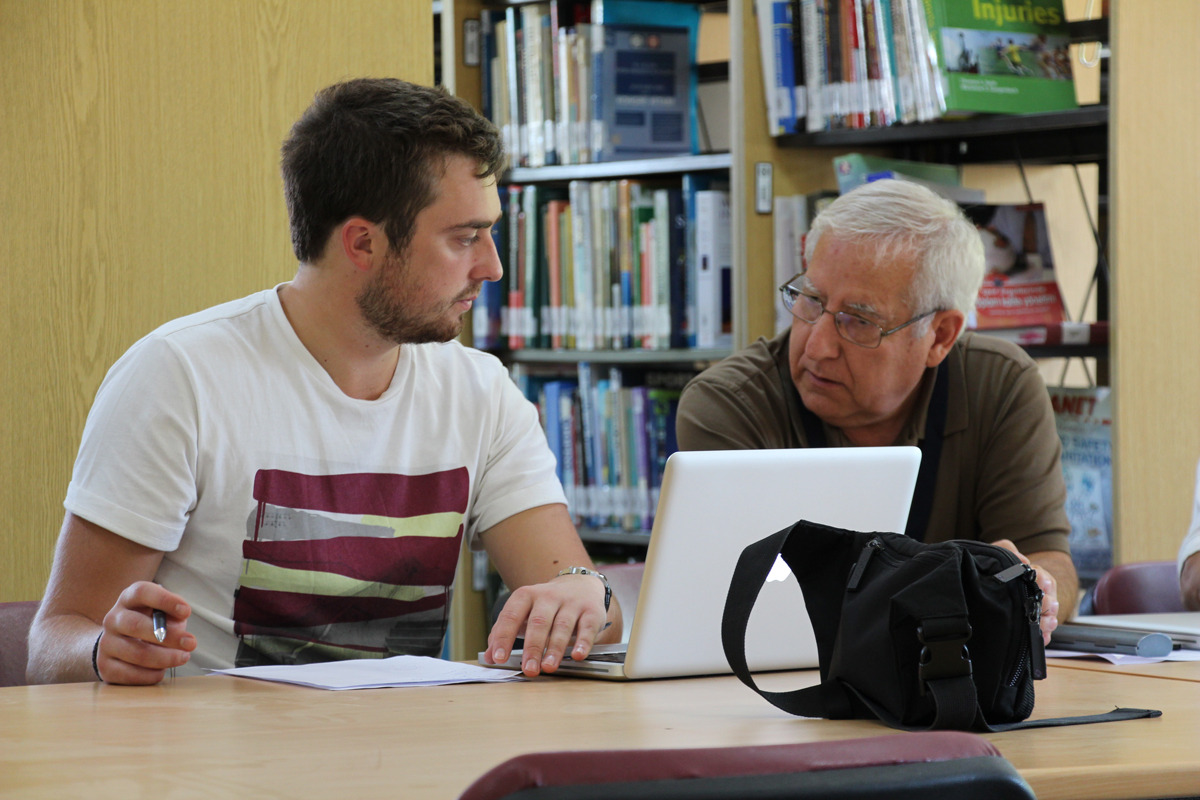
Oliver Johnson (third from left) with his team from Finland, Germany and The Netherlands, which won the EASM 2013 Student Management Game.
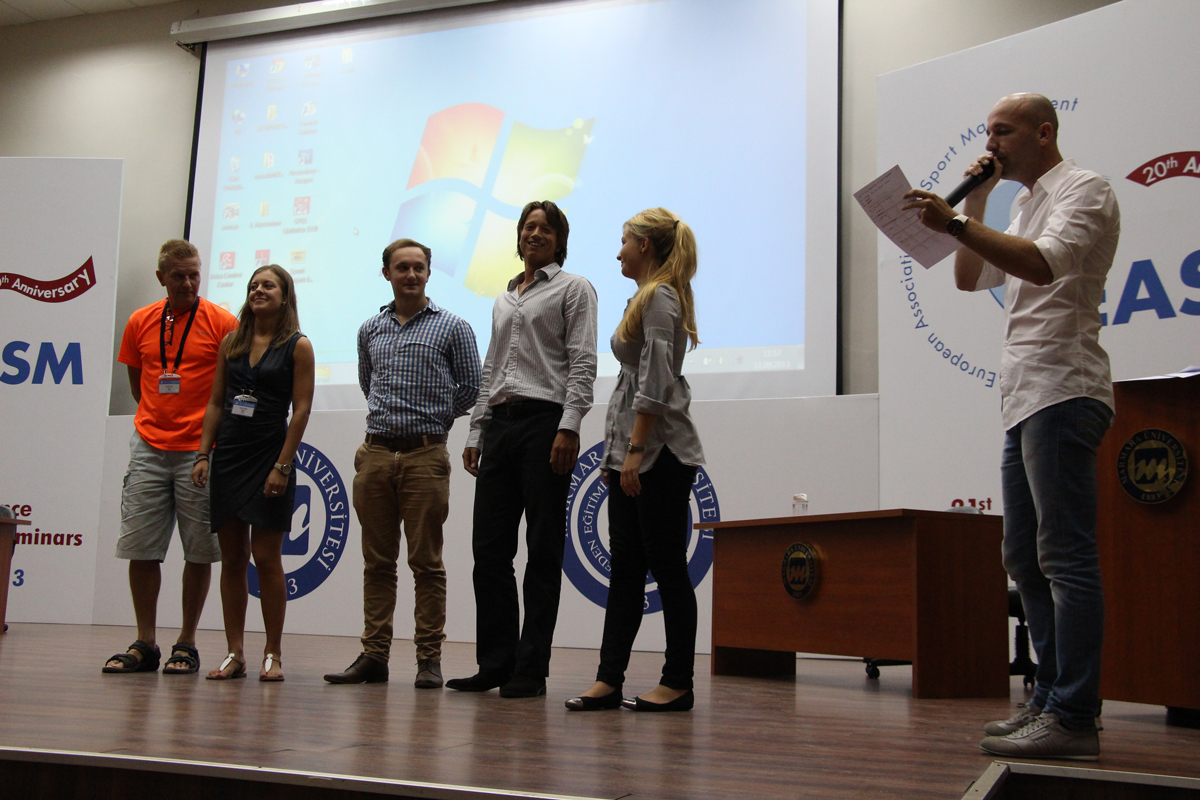
Stefan Ferencz during group work
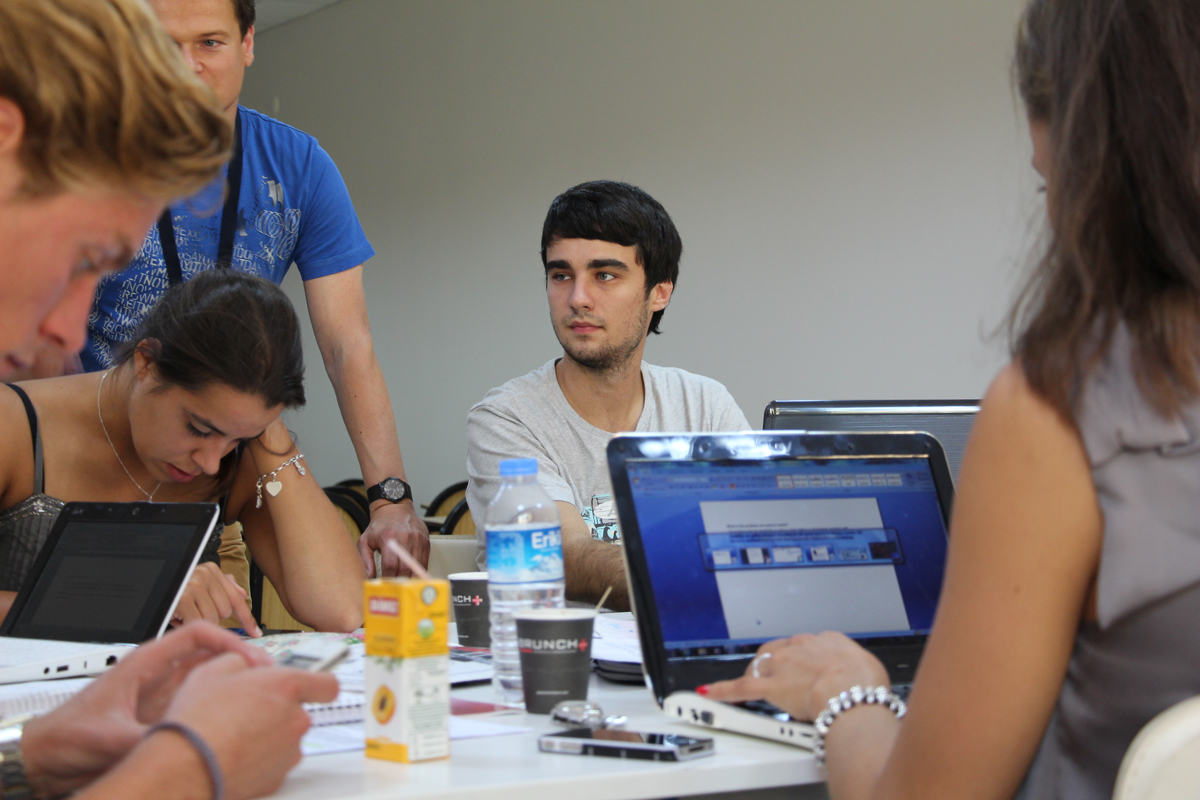
John Bryson with two of his team members from Germany and The Netherlands 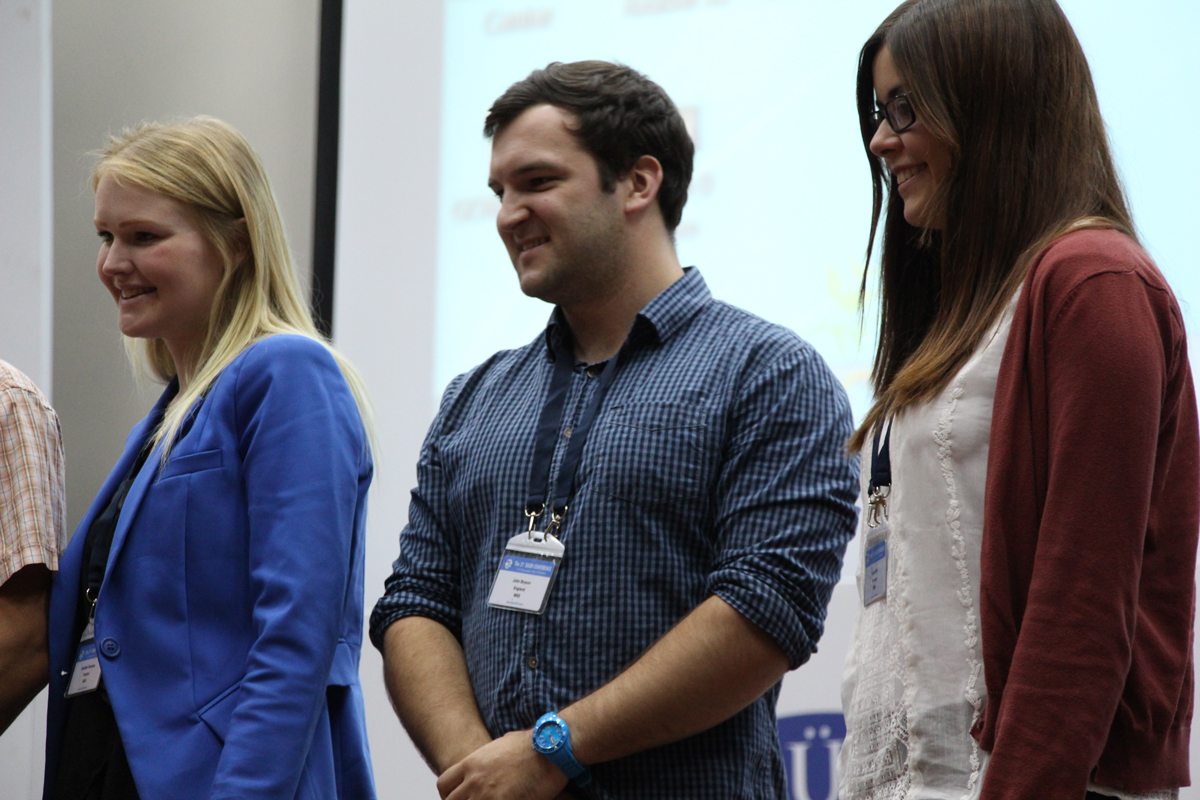
Dr Tim Breitbarth, Senior Lecturer in Sport Management, with Professor Birol Cotuk, Dean Marmara University School of PE and Sport and Chair of the 21st EASM Conference, Istanbul/Turkey
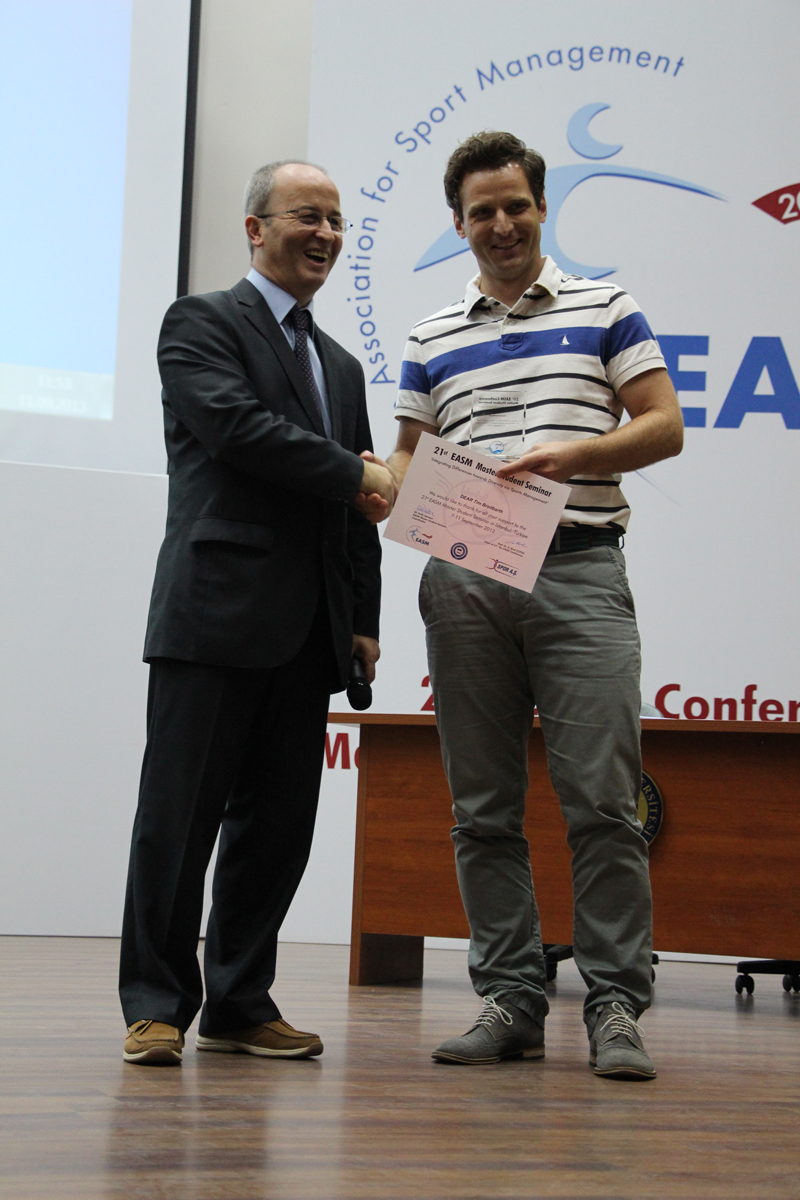
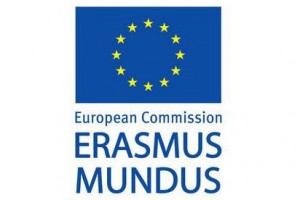 Erasmus Mundus grants are a fantastic source of EU funding. It is important that BU ensures Partners we link with as part of these awards are aligned to our strategic objectives or have a strong rationale for linking with them. In summer 2013 the BU Policy 7A Partnership Definitions and Models was amended to include Erasmus Mundus Partnerships under the ‘student exchange’ definition. This amendment ensures that partnership agreements under Erasmus Mundus will follow existing policies and procedures for student exchange developments, including 7B Partnership Approval, and 7H Student Exchange.
Erasmus Mundus grants are a fantastic source of EU funding. It is important that BU ensures Partners we link with as part of these awards are aligned to our strategic objectives or have a strong rationale for linking with them. In summer 2013 the BU Policy 7A Partnership Definitions and Models was amended to include Erasmus Mundus Partnerships under the ‘student exchange’ definition. This amendment ensures that partnership agreements under Erasmus Mundus will follow existing policies and procedures for student exchange developments, including 7B Partnership Approval, and 7H Student Exchange.
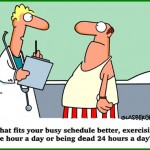

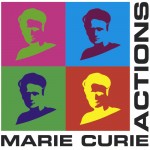











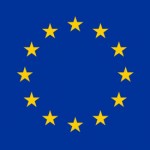

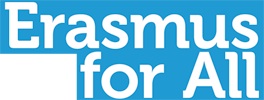
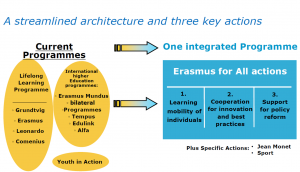
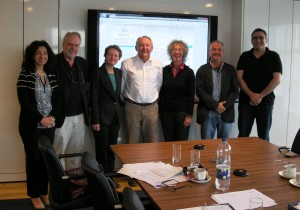

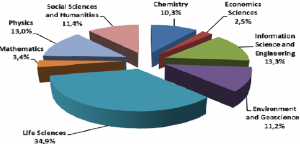
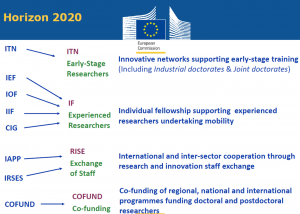


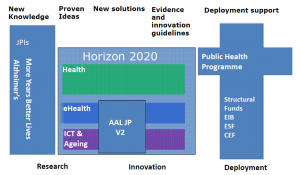
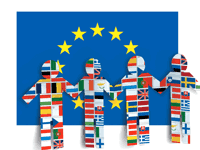











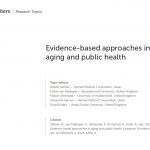 New eBook published in April
New eBook published in April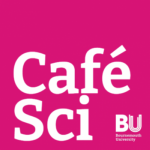 Café Scientifique Tuesday 4 June 2024 – How can we become more resilient in the face of multiple risks and hazards?
Café Scientifique Tuesday 4 June 2024 – How can we become more resilient in the face of multiple risks and hazards? MSCA Postdoctoral Fellowships 2024
MSCA Postdoctoral Fellowships 2024 Horizon Europe News – December 2023
Horizon Europe News – December 2023